I feel myself turning to dust now the original Overwatch is so old we’re supposed to feel nostalgia for it. What was once the most innovative multiplayer game in the world has become a dime a dozen live-service with dozens of heroes to choose from, seasonal battle passes that thousands progress through, and a general feeling of apathy towards its current state.
So, in order to recapture that initial feeling of brilliance, Blizzard has introduced Overwatch Classic as part of the new season. Like the World of Warcraft release of the same name, it serves as a recreation of how the game looked and played when it first launched way back in 2016. Turns out that Overwatch has changed a lot since then, and mostly for the best.
Overwatch Used To Be A Chaotic Nightmare
I first played Overwatch when it was in private beta, and back then it had a limited selection of heroes and was a far cry from the relatively refined experience the game offers today. For one, role queue wasn’t a thing. A team of six players could pick from any hero regardless of their role, and duplicates were welcome. You could win a game with a team of Tracers zipping about the place or a squad of Roadhogs with so much health and healing abilities it was impossible for the opposing side to push through them.
In order to formulate a team consisting of balanced roles, you needed to communicate with other players and work together, or harass them in voice or text chat until they were forced into switching from Hanzo to someone useful. This style of play made Overwatch far more chaotic and unpredictable, but also more rewarding when a switch suddenly flipped within your team and everyone began working in synergy. These moments were rare, but felt so incredible that I can’t blame Blizzard for trying to bring it back.
It was always either the Genji or Hanzo on your team who would refuse to change to a healer even as they dealt no damage and earned zero eliminations.
When role queue was first introduced and ‘No Limits’ became an arcade offering, as a big Overwatch player, I was confused and offended. I didn’t see anything wrong with how things were because I was used to it, and the idea of the game forcing me into a role I didn’t want to play felt like taking control away in a way that wasn’t warranted. But the way in which Overwatch has leaned into competitive play and an established meta in recent years means that, without role queue, it would be a nightmare to play today.
Blizzard Has Made A Lot Of Good Changes In Recent Years
A growing roster meant that in its original state, every game for weeks would be filled with all players trying to test out Sombra, Ana, or Doomfist and thus the balance was thrown out the window. Everybody wanted to play with the shiny new thing, and if that meant accepting loss after loss because you didn’t help your team, then so be it.
There needed to be a semblance of order, and Blizzard was happy to provide it. The addition of arcade and new game modes over the years helped to alleviate the gravity of this shift, while seasonal events brought with them fun little distractions that made Overwatch feel like a fully-fledged universe.
I’ve just realised that Mercy’s original Ultimate is back, which allows her to rez entire teams with a single button press. I take it all back, Overwatch Classic is perfect.
Overwatch 2 has now settled into a steady rhythm of seasonal updates, while the gameplay formula at its core remains relatively unchanged aside from new heroes and mechanical tweaks. So it’s especially interesting to see classics make a return for three weeks and take us back in time.
While I’ve been ragging on it a little bit, I am excited to embrace it and see just how my feelings have changed over the past eight years. It will be fun to litter walls with an unending amount of Symmetra cannons or cover the payload with Torbjorn turrets, while the idea of tanking our way to victory with a cabal of D.Vas just like old times will always have its charm.
There is a reason why Overwatch Classic is being released as a limited time occasion and not being rolled into the regular rotation. It represents a vision of this game that just doesn’t exist anymore, and pretending it does is a betrayal of all the work that has gone into trying to refine Overwatch over the years.
Blizzard has made a lot of mistakes with its sequel, but the moment-to-moment gameplay is still incredibly engaging, strategic, and rewarding. It always has been, but Classic represents a simpler time that was purposefully left behind.
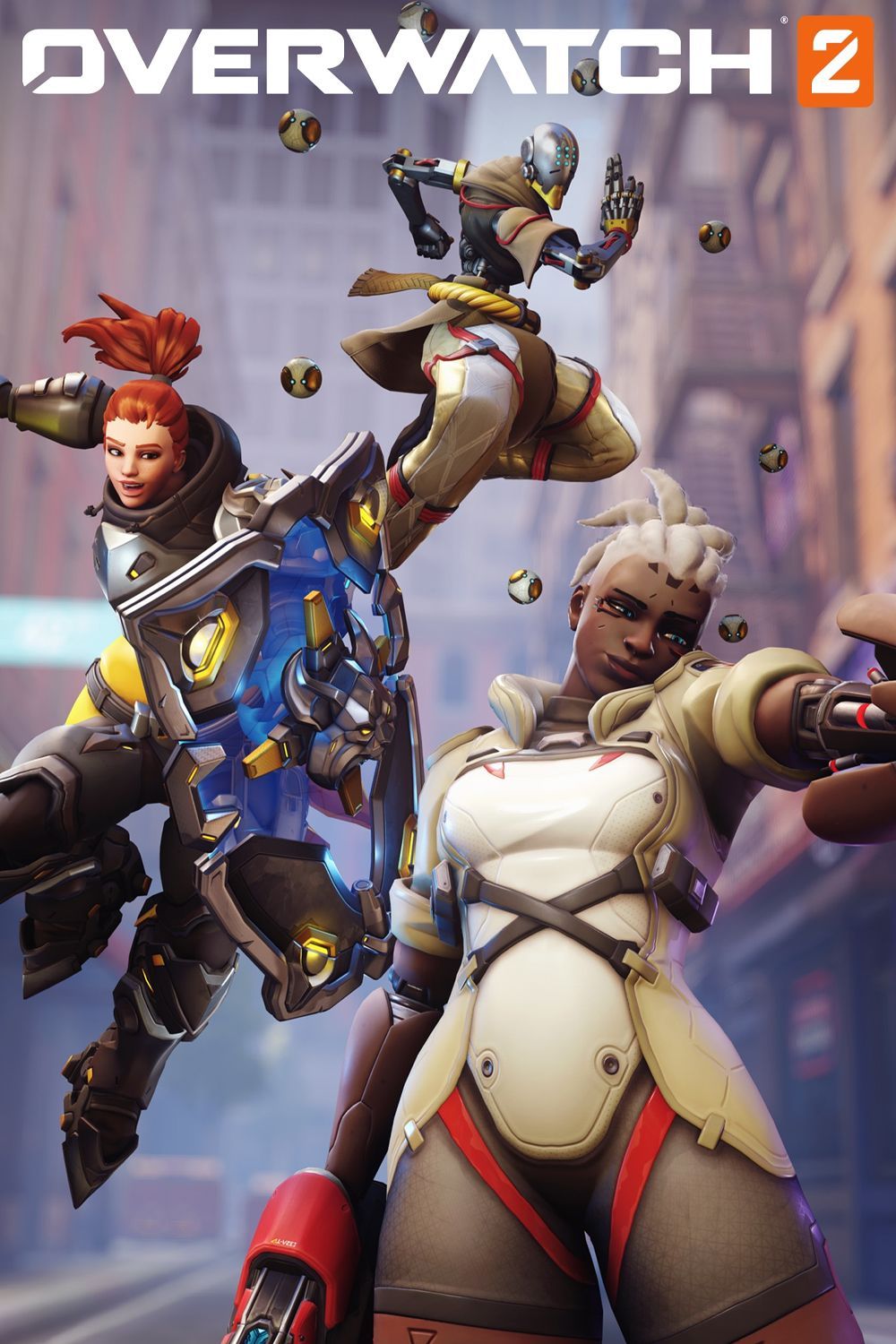
The sequel to Blizzard’s popular team-based hero shooter, Overwatch 2 features a roster of over 35 fighters and over 20 maps. It features team sizes reduced to five, aiming to create faster and more action-oriented matches, while PvE elements add to the options available.
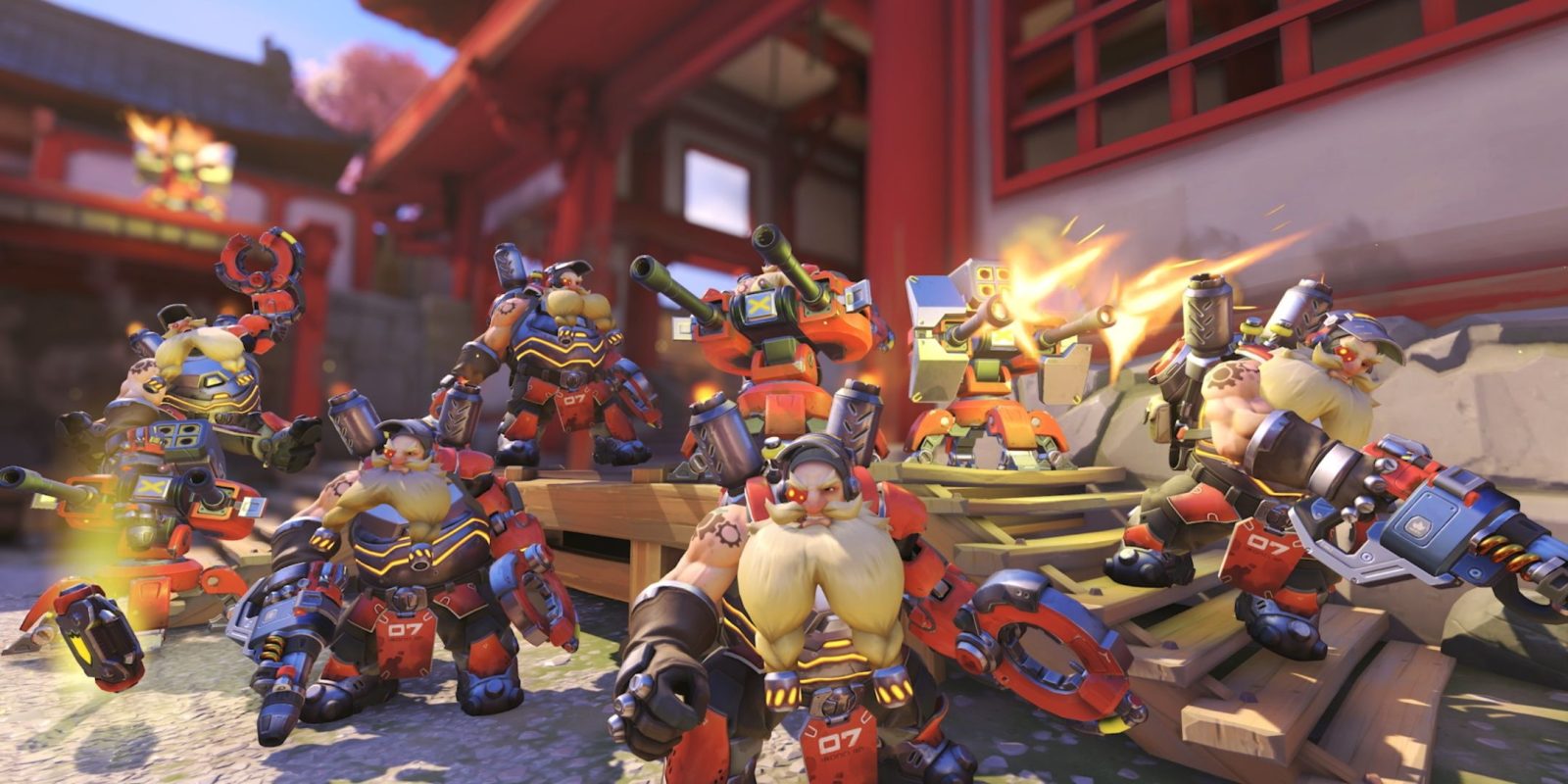
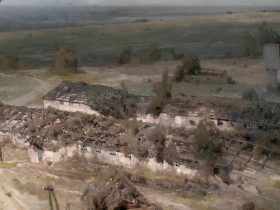
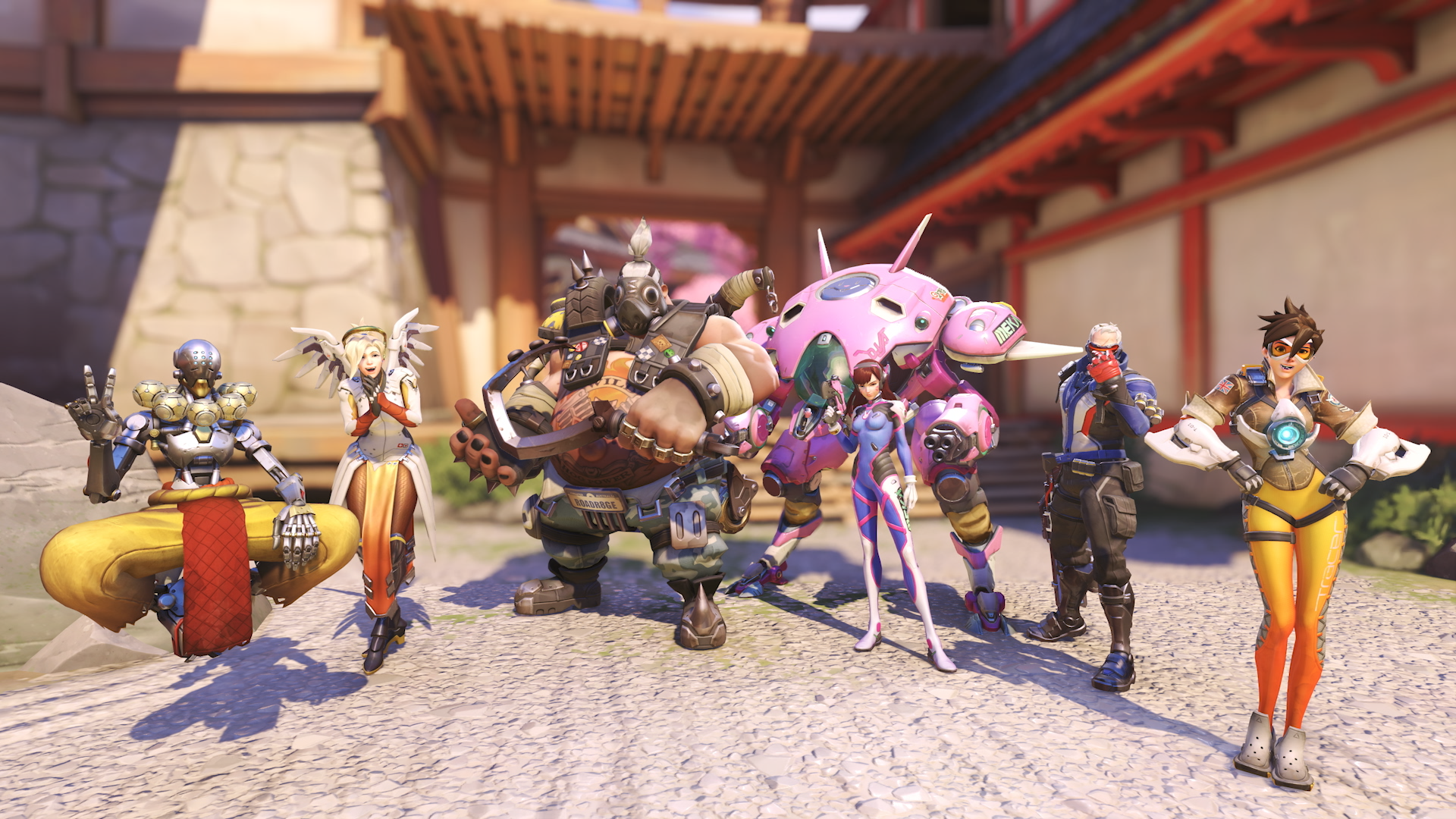
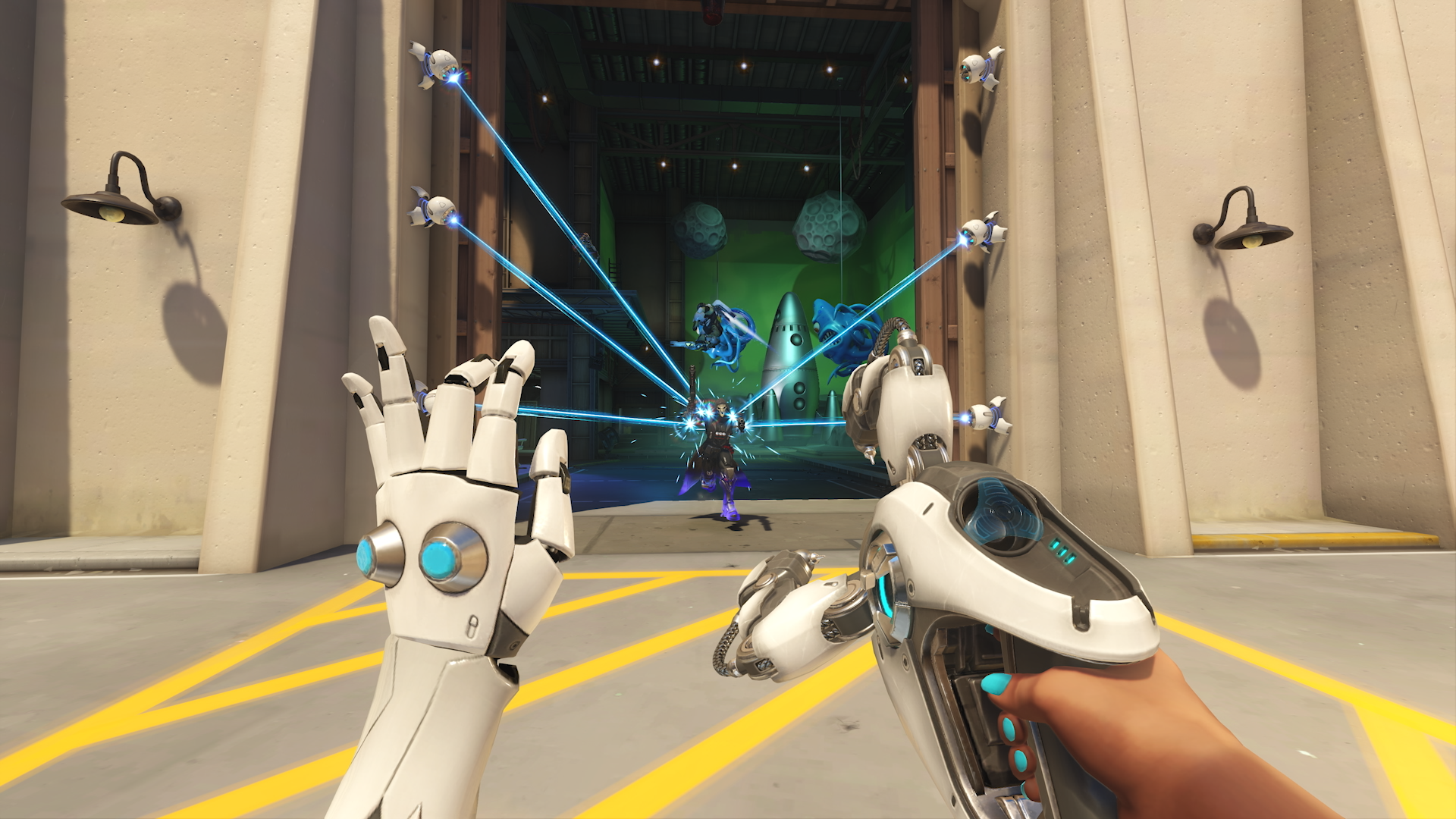
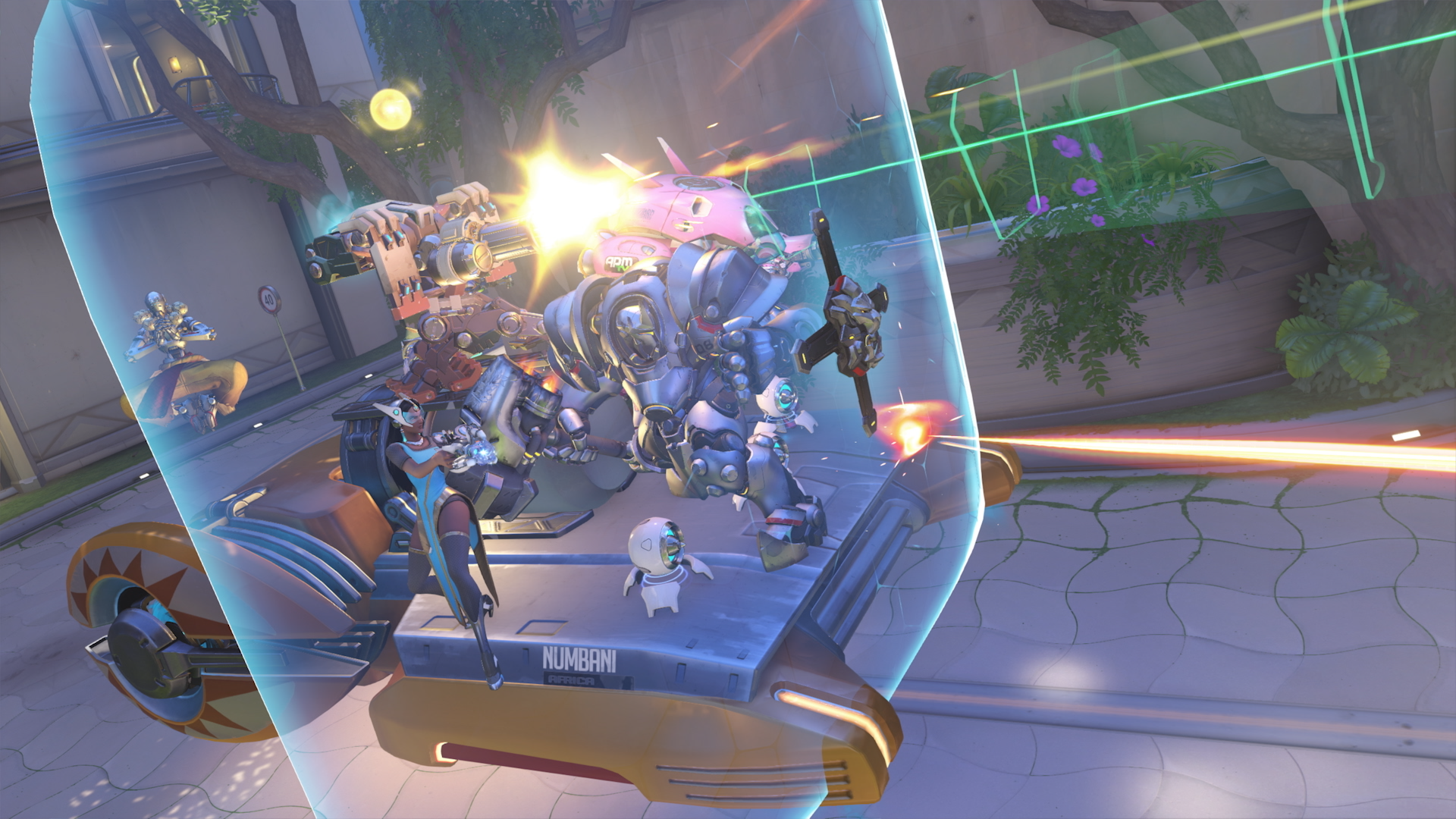
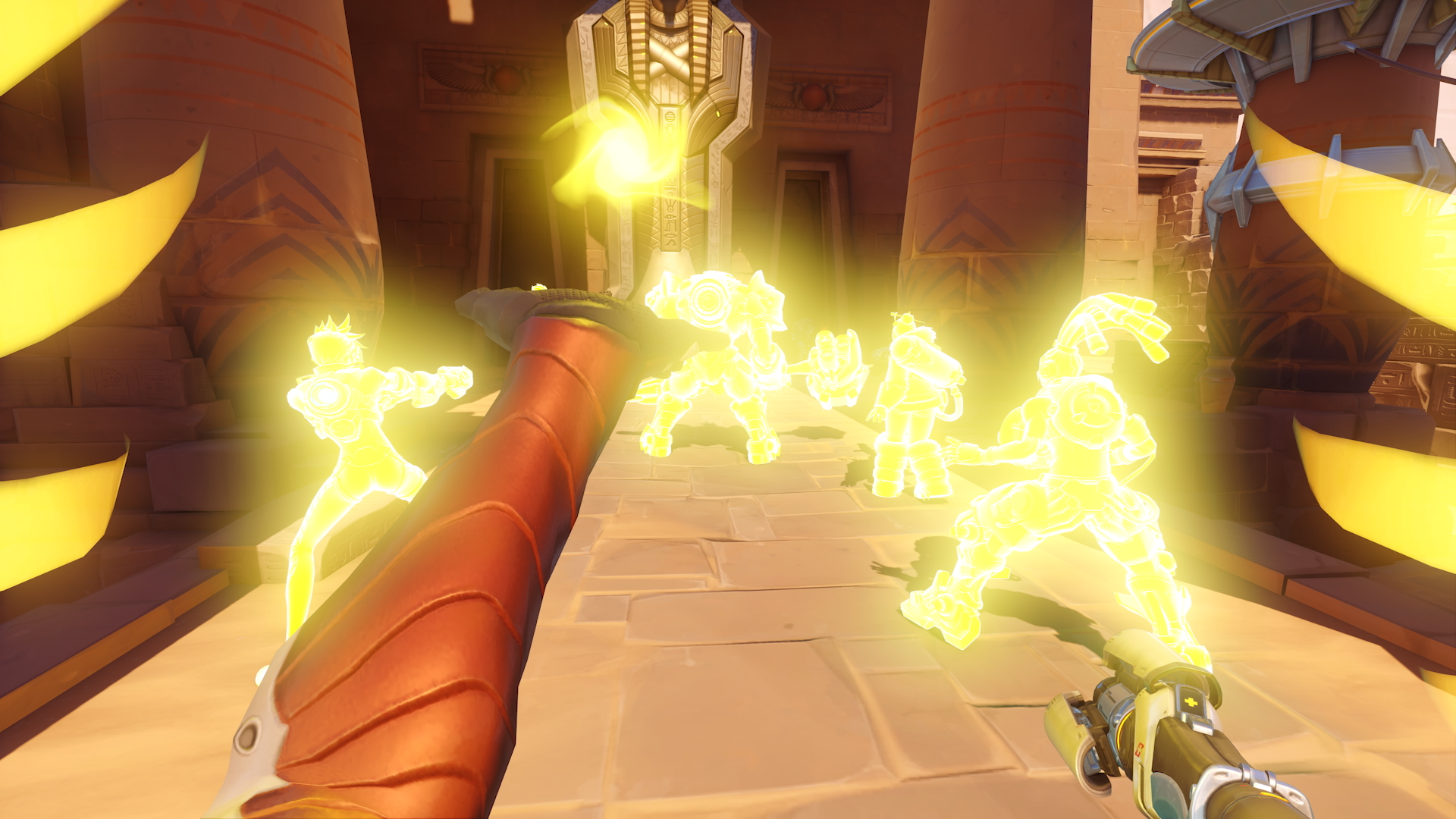



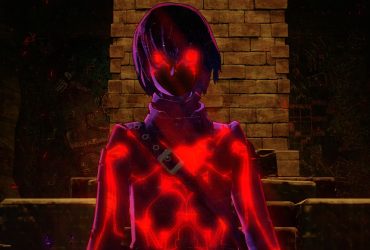
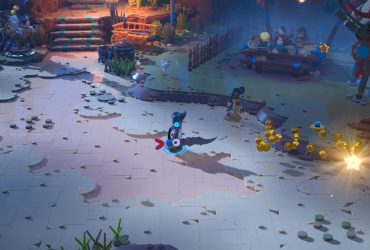
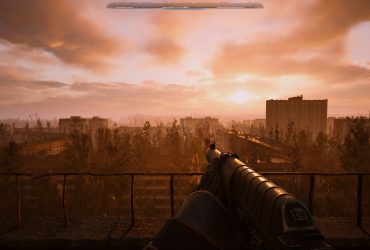

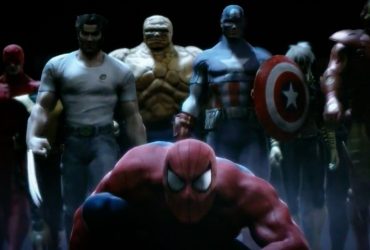
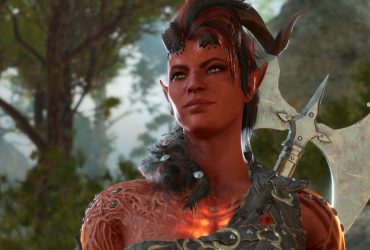
Leave a Reply